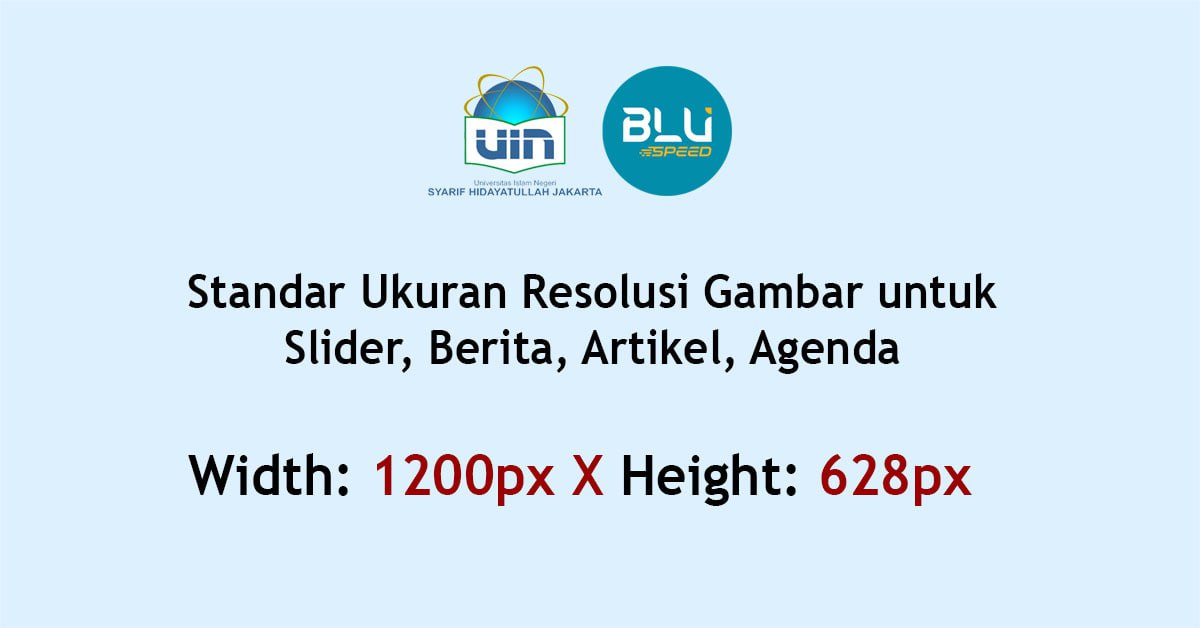Retranslating Sacrifice: Reading the Story of Abraham in Contemporary Social Context
By: Murodi, Arief Subhan, and Study Rizal LK*
In the days leading up to Eid al-Adha, Muslims are once again reminded of an eternal spiritual story: when Prophet Abraham was commanded by Allah to sacrifice his son, Ishmael. An event often referred to as the pinnacle of a servant's obedience, submission, and loyalty to their Lord.
However, in reality, that story goes far beyond a mere narrative of obedience. It contains a message of courage that transcends time. For at its deepest point, what Allah asked of Abraham was not the blood of his son, but the courage to let go of what he loved most. Abraham was tested not only at the level of faith but also at an existential level: was he capable of placing God's will above worldly desires and attachments?
In classical exegesis, the event is understood as the highest form of obedience. But within the contemporary social horizon, the event deserves to be re-read. Especially when modern life has made humans so attached to possessions: wealth, reputation, power, and even interpretations of truth. We live in a time when people are busy 'owning' God rather than 'submitting' to Him. When religion is more often used as a social identity and a tool for legitimizing power, rather than a space for contemplation and liberation.
Sacrifice: Ritual or Spirituality?
The ritual slaughter of animals every Eid al-Adha should not be merely an annual ceremony. Behind the takbir (exclamations of Allahu Akbar) and the rustle of the knife, lies a spiritual message that invites humans to reflect on one fundamental thing: what do we love most, and are we willing to let it go for something greater?
In a modern context, 'Ishmael' can mean anything. It could be power unwilling to be relinquished, wealth that blinds us, academic arrogance, religious office, or even social status wrapped in a cloak of religiosity. Many people perform the "ritual of sacrifice," but are reluctant to touch the substance of sacrifice: letting go.
Eid al-Adha is a call to slaughter the ego. To shed the claims of selfhood that make us feel holier than others. In a world full of divisions, polarization, and hatred in the name of identity, a re-interpretation of Abraham's story can be a guiding light.
Reading Abraham with the Ciputat School
This is where the importance of reviving the spirit of the Ciputat School lies—a school of progressive Islamic thought that grew from the intellectual womb of UIN Syarif Hidayatullah Jakarta campus. This school not only delves into the meaning of texts but also questions reality. Figures such as Harun Nasution, Nurcholish Madjid, Azyumardi Azra, Lies Marcoes, and many others, have laid the foundation that religious interpretation is not a sterile space, but must engage with real life: injustice, poverty, discrimination, and subordination in the name of religion.
In the context of Eid al-Adha, the spirit of the Ciputat School invites us to ask further: does the ritual of sacrifice we perform also impact social life? Does sacrifice stop only at meat distribution, or does it become a call to defend the weak, share genuinely, and fight for justice?
Figures like Lies Marcoes, for example, have long voiced that Islamic spirituality must side with the victims. That piety must be translated into siding with oppressed groups, including women, children, and minorities who are often victims of patriarchal and exclusive religious interpretations. So in Abraham's story, we can read ethical messages that touch all dimensions of life: personal, social, and structural.
Beyond Blood: Towards a Social Soul
Sacrificing animals is not wrong. But sacrificing ego, greed, and social inequality is the deepest meaning of sacrifice. For in the end, God does not need blood. “Lay yanaallāha luḥūmuhā wa lā dimā’uhā wa lākiy yanāluhut-taqwā mingkum” (QS. Al-Hajj: 37). What reaches God is not the flesh and blood of the sacrifice, but piety.
So what is truly important is not 'how many cows are slaughtered', but whether afterwards we become more empathetic, more just, and more humble?
Eid al-Adha should be a call to revive social solidarity, to side with the mustadh'afin (the oppressed), and to be willing to relinquish privilege for shared blessings. Abraham has shown that faith is not about claims, but about the courage to let go.
Finally, Interpretation is Action
Eid al-Adha is an important moment to remember that true spirituality stems from sacrifice. Not merely the slaughter of animals, but the slaughter of ego, greed, and indifference.
The interpretation of Abraham's story that we need today is not just an interpretation of words, but an interpretation in action. An interpretation that manifests in living conduct: honesty in leadership, simplicity in power, and courage to fight injustice.
Because ultimately, the visa to heaven—as we learn from those who failed to perform Hajj despite being rich—is not determined by bank balances, but by the quality of our submission and sacrifice. And perhaps, that is also what we need to bring every Eid al-Adha, so that religion is not only celebrated but also liberates. (trio mas)
*** The author is Trio MAS, Lecturers at the Faculty of Da'wah and Communication Sciences, UIN Syarif Hidayatullah Jakarta.

